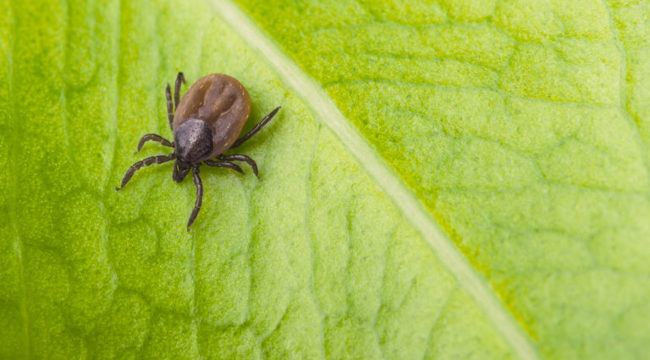How to Stay Safe During Tick Prevention Week

As the weather warms up, we’re all keen to spend more time outdoors—whether that’s walking, camping, or volunteering in the countryside, with outdoor adventures comes the risk of tick bites. Tick Prevention Week is the perfect time to learn how to stay safe and protect yourself, your family, and your pets.
What are ticks?
Ticks are tiny, spider-like parasites that live in grassy and wooded areas. They attach to animals and humans to feed on blood, and some can carry harmful diseases like Lyme disease. While not all ticks are infected, a bite from one carrying bacteria can lead to serious health issues if left untreated.
How to protect yourself
✔️ Wear light-coloured clothing so ticks are easier to spot.
✔️ Cover up by wearing long trousers tucked into socks and long-sleeved shirts to reduce skin exposure.
✔️ Use tick repellents and follow the manufacturer’s instructions.
✔️ Always check yourself, children and pets after spending time outdoors.
What to do if you’re bitten
If you find a tick attached to your skin:
✔️Remove it quickly using a tick remover or fine-tipped tweezers.
✔️Avoid squeezing the tick—this can increase the risk of infection.
✔️Clean the area with antiseptic.
Early symptoms of Lyme disease include fever, fatigue, headaches, and sometimes a circular “bullseye” rash. If you notice these signs, see your GP immediately.
By taking these precautions, you can enjoy the great outdoors while staying safe. #BeTickAware!
